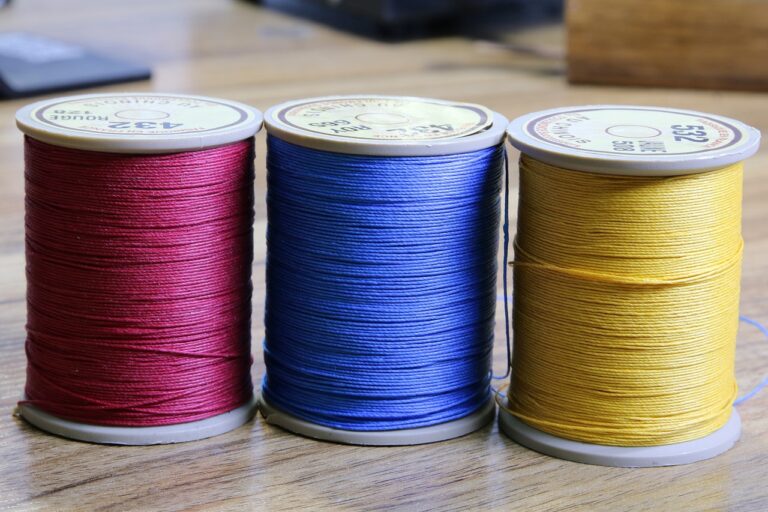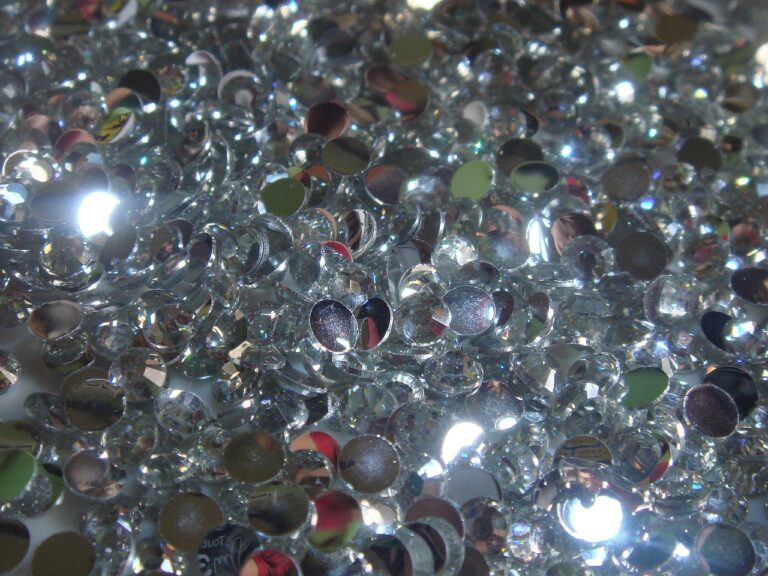Fashion and Climate Change: Adapting Design for a Warming World
Climate change is posing a significant threat to the fashion industry, affecting every stage of the supply chain. Rising temperatures and extreme weather conditions are disrupting production schedules and causing delays in delivering new collections to consumers. This, in turn, is leading to financial losses for fashion brands and retailers.
Moreover, the fashion industry is one of the largest contributors to environmental pollution and carbon emissions. The use of synthetic fibers, chemical dyes, and excessive water consumption in manufacturing processes are further exacerbating the greenhouse gas effect. As consumers become more aware of these issues, there is a growing demand for sustainable and eco-friendly fashion choices to mitigate the negative impact of climate change.
The Need for Sustainable Fashion Practices
Sustainable fashion practices are becoming increasingly crucial in today’s world. As the negative effects of fast fashion and overconsumption on the environment become more evident, the need for conscious and ethical choices in the fashion industry is undeniable. Implementing sustainable practices can help reduce carbon emissions, decrease water pollution, and minimize waste production.
Consumers are also becoming more aware of the environmental impact of their purchases, demanding transparency and accountability from fashion brands. By embracing sustainability, fashion companies not only contribute to the preservation of our planet but also cater to the growing market of eco-conscious consumers. Adopting sustainable fashion practices is not just a trend but a necessity for the industry to thrive in a rapidly changing global landscape.
Innovations in Eco-Friendly Fabrics and Materials
In recent years, the fashion industry has witnessed a surge in the development of innovative eco-friendly fabrics and materials. One such advancement is the creation of fabrics made from recycled plastic bottles. These materials not only reduce the amount of plastic waste in landfills and oceans but also offer a sustainable alternative to traditional clothing materials.
Additionally, the use of organic cotton has gained popularity among fashion designers and brands. Organic cotton is grown without the use of harmful pesticides or synthetic fertilizers, making it a more environmentally friendly choice. The production of organic cotton also promotes soil health and water conservation, further emphasizing the importance of incorporating sustainable practices in the fashion industry.





